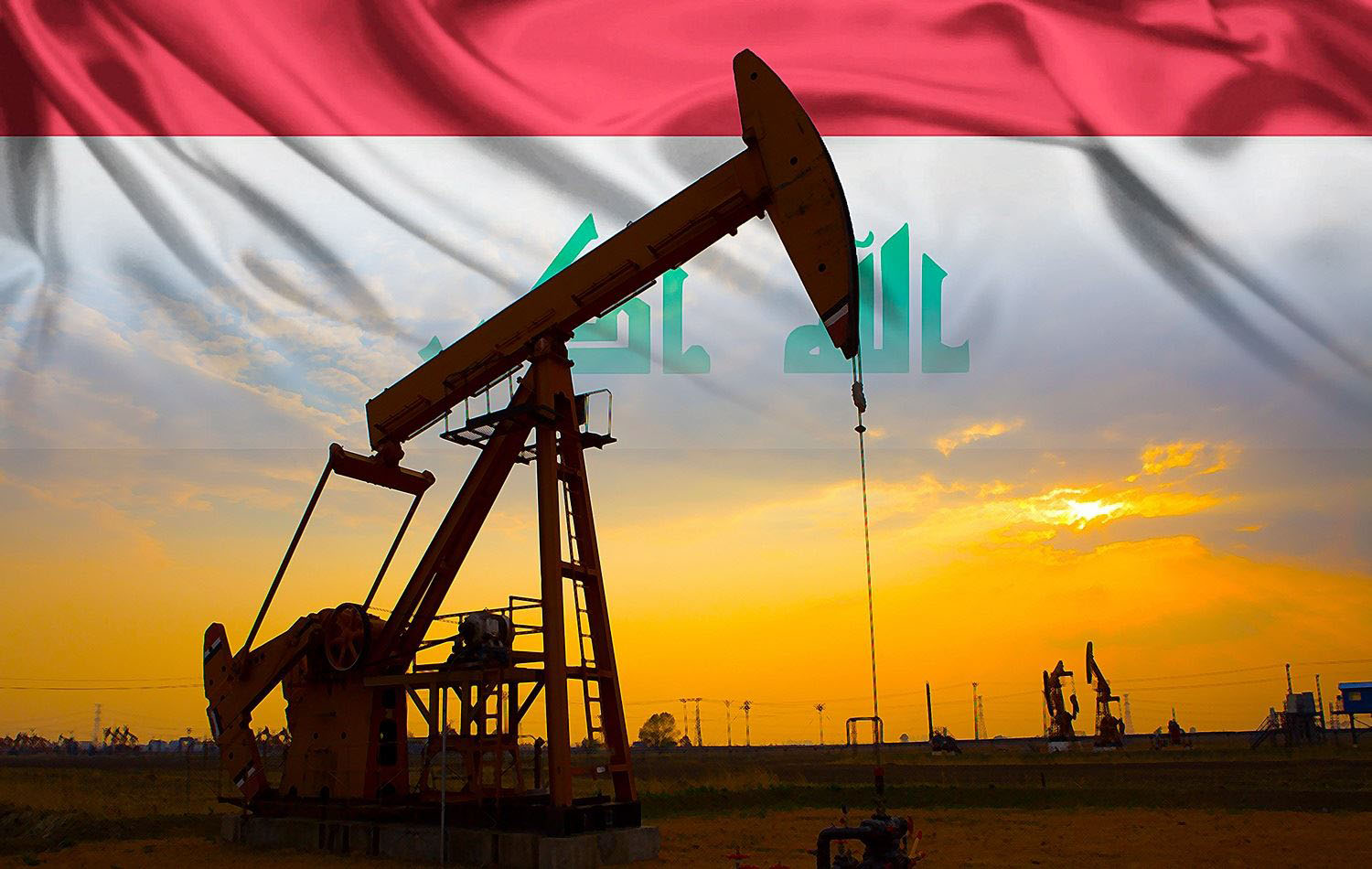By Amina Ali Kazem Dhahab – Al-Nahrain University
Energy security is one of the most critical pillars of national security, as it involves ensuring access to the natural resources necessary to meet energy needs and ensure their sustainability. Safeguarding energy security has become a political priority for major global powers, prompting them to develop clear strategies to achieve this goal in strategic regions, particularly the Middle East. Iraq is considered one of the key oil and natural gas producing and exporting countries, possessing substantial reserves that make it an influential player in maintaining the stability of global energy supplies.
This research aims to examine the concept of energy security and its significance in international relations, analyze Iraq’s current and historical role in this field, and review the internal and external challenges facing the Iraqi energy sector and their impact on the country’s future role in global energy security. The study also addresses global changes in energy markets and the necessity for Iraq to adapt to these transformations.
The research objectives include: defining the concept and importance of energy security; identifying the determinants of global energy security; analyzing the internal and external factors influencing Iraq’s energy security policies; highlighting the political, security, and economic consequences of Iraq’s energy strategies; and anticipating future scenarios for Iraq’s energy security in light of prevailing challenges and strategic responses.
The Concept of Energy Security and Iraq’s Historical Role
The definition and interpretation of energy security vary among researchers and states and are shaped by political, security, and economic conditions in the international environment. Generally, the concept refers to the uninterrupted availability of energy at affordable prices. Historically, it has been associated with conflicts and competition over control of energy sources and supply lines. Ensuring energy security plays a vital role in driving global economic growth and avoiding armed conflicts.
Historically, Iraq has played a pivotal role in stabilizing global energy markets due to its vast oil and gas reserves. In past decades, Iraq contributed significantly to meeting global energy demand. However, this role has been impacted by various political and security challenges, especially after 2003. Despite these challenges, the energy sector remains a central issue in Iraq’s international policy, influencing global supply stability and serving as a major source of national revenue.
Internal and External Challenges Facing Iraq’s Energy Security
Iraq faces significant internal challenges that hinder energy security and sector stability. Chief among these is the country’s unstable political and security situation, which hampers development efforts and production capacity. The country also suffers from widespread administrative and financial corruption, negatively impacting all sectors, including energy, and deterring investment. Environmental problems resulting from oil extraction, gas flaring, and oil spills also threaten the sustainability of the sector.
On the external front, Iraq has been heavily affected by regional and international interventions and conflicts, which have led to the destruction of oil infrastructure and periodic disruptions in production. Tense relations with some neighboring countries and ongoing border disputes pose additional challenges to Iraq’s energy security. Moreover, fluctuations in global oil prices and economic crises—such as the 2020 COVID-19 pandemic—have caused sharp declines in Iraq’s oil revenues, significantly affecting the sector.
The Future of Iraq’s Energy Security Amid Global Changes
The global energy landscape is undergoing significant transformations, including a growing focus on renewable energy sources and climate change policies. Iraq must adapt to these shifts by diversifying its energy sources and investing in clean energy to secure its future in global markets.
To ensure the stability of global energy supplies, Iraq must strike a delicate balance between increasing oil and gas production, modernizing infrastructure, and investing in renewables. Iraq is also called upon to play an active role in securing these supplies through enhanced regional and international cooperation and the adoption of innovative energy policies that consider various challenges. Addressing security, political, and administrative issues is crucial to improving Iraq’s energy security and enabling it to play a more stable and reliable role in the global market.
Conclusions and Recommendations
In conclusion, energy security is a vital issue for both Iraq and the world. With its abundant oil and gas wealth, Iraq occupies a central position in this domain. Despite facing major challenges, Iraq still has the potential to play a key role in the future of global energy security if it can overcome these obstacles and adopt effective strategies.
Based on the analysis, the study recommends the following:
- Achieving political and security stability as a prerequisite for developing and sustaining the energy sector.
- Combating administrative and financial corruption in the energy sector to ensure efficient resource use and attract investment.
- Developing and modernizing energy infrastructure to improve production and export efficiency and reduce losses.
- Investing in renewable energy sources and diversifying the national energy mix to align with global energy market trends.
- Strengthening regional and international cooperation in the energy field and exchanging expertise and technologies with other countries.
- Establishing clear and sustainable energy sector strategies and policies that address internal and external challenges as well as global shifts.
- Resolving ongoing disputes between the federal government and the Kurdistan Regional Government regarding oil and gas management and exports to ensure sectoral unity and stability.
Implementing these recommendations will enhance Iraq’s role in global energy security and contribute to the country’s stability and prosperity.


